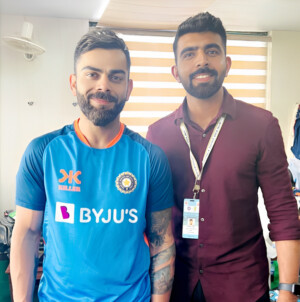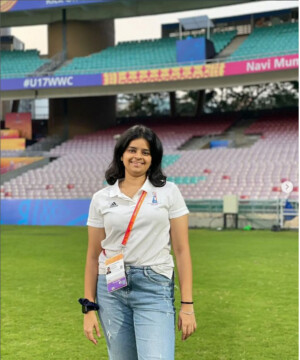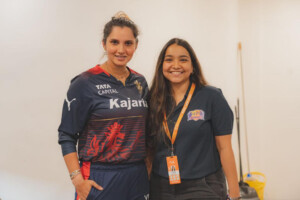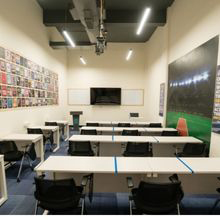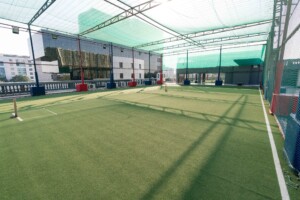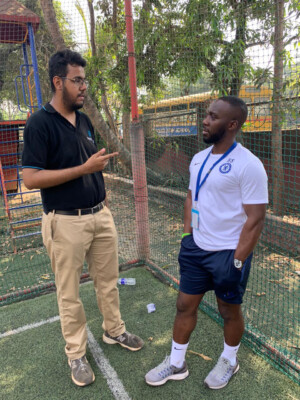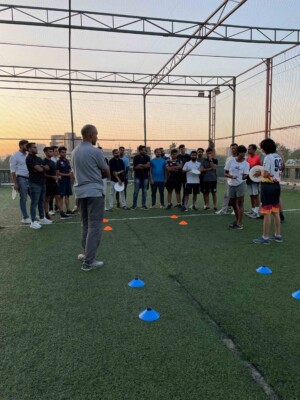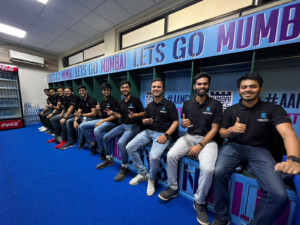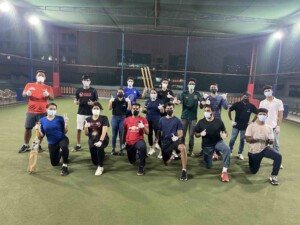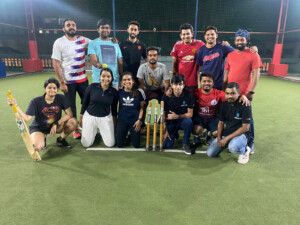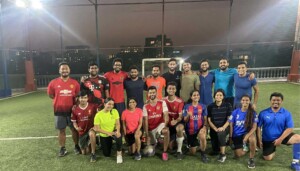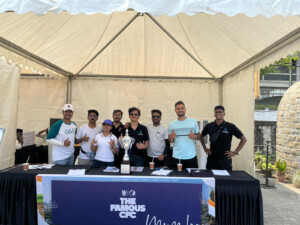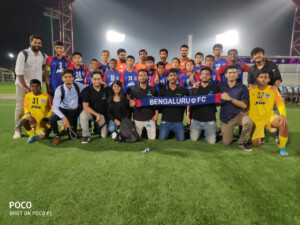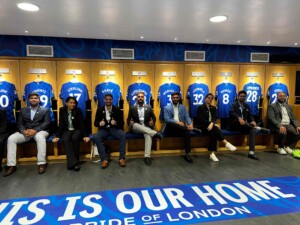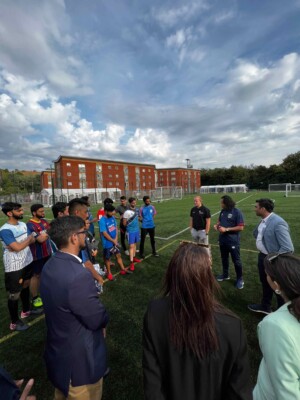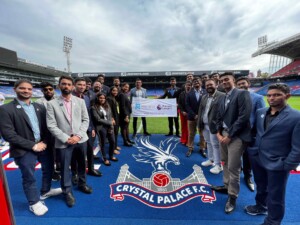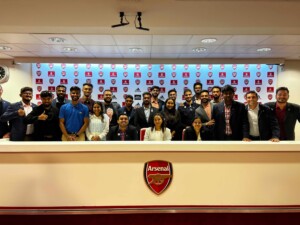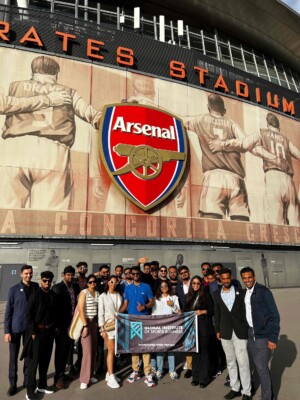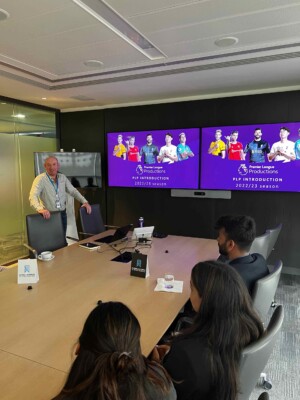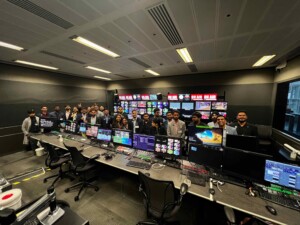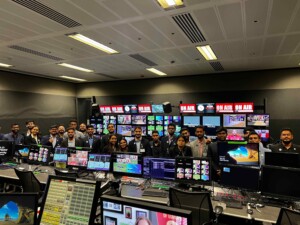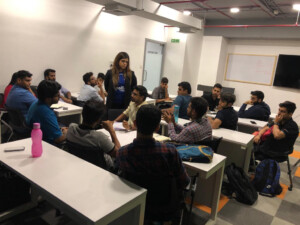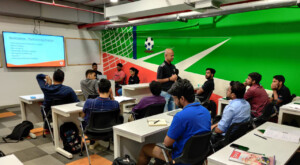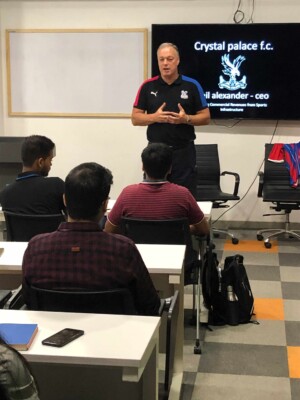Sport management courses are booming in India and professionals seek a competitive edge through education in the ever-changing landscape of the sports sector. In this article we will try to explore the influence of sport management courses on industry preparation, offering light on how these courses can prepare individuals for success in the fast-paced field of sport management.
In-depth Curriculum Integration
The use of a complete curriculum demonstrates the revolution in sport management courses. These courses are no longer exclusively theoretical; instead, they incorporate a comprehensive blend of academic knowledge and practical applications. This integration guarantees that students develop an overall grasp of the sports sector, preparing them for the different challenges that they may confront in their professional careers.
Application of Theory to Real-World Problems:
The modern approach to sport management education recognises the value of hands-on experience. Students are exposed to real-world difficulties as part of the curriculum through case studies, simulations, and experiential learning. This practical knowledge is essential for polishing problem-solving abilities and developing the capacity to apply academic information to on and off-field circumstances in the sports industry.
Integration of Technology in the Sports Landscape:
The modern sports industry is increasingly linked with technology, and sport management courses have evolved to reflect this. Students are thus equipped with the digital literacy needed to go through the modern sports ecosystem’s technological world.
Areas of Specialisation Relevant to the Sports Industry:
Modern sport management courses frequently include specialised tracks or concentrations in recognition of the various components of the sports industry. Sports marketing, event planning, sports analytics, and sports law are just a few of the areas in which students can tailor their educational experience to fit their unique interests and professional objectives. This focused approach improves the education’s applicability to industrial expectations.
Partnership and Guest Lectures:
Sport management courses actively seek cooperation with sports organisations and routinely arrange guest lectures by industry leaders to bridge the gap between academics and industry-relevant business. This not only combines real-world experiences into the learning environment but also provides students with networking opportunities. Collaborations between sports experts can include cooperative initiatives, internships, and even training programmes which enable students to get up-to-date with the sports industry.
Collaboration and Guest lectures with sports organisations:
Sport management courses regularly seek collaboration with sports organisations and provide guest lectures by industry professionals to bridge the gap between academics and industry-relevant business. This not only incorporates real-world experiences into the learning environment but also allows students to network with sports amateurs. Collaborations amongst sports experts can take the form of joint ventures, internships, and even training programmes that allow students to stay updated with the latest news and happenings in the sports industry.
Internships and real-life work experience
Internship programmes and fieldwork requirements are not mere add-ons to modern sport management education, but rather essential components for students to get hands-on experience on how the sports industry functions. These opportunities allow students to apply practical knowledge in real-world sports administration contexts, obtaining direct exposure to the industry’s issues and complexities making them industry-ready.
Why is sport management evaluation important?
Sport management review is a proactive strategy to promote success in the future, not merely a measurement of previous performance. Organisations may effectively respond to changes, seize opportunities, and maintain their competitiveness and success in the ever-changing sports market by consistently evaluating and improving their strategy.
If you want to start your career in sport management with a world-class education, look into the programmes provided by the Global Institute of Sports Business (GISB). GISB is well-known for its industry-focused curriculum, professional professors, and networking opportunities.



























